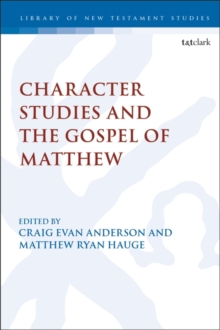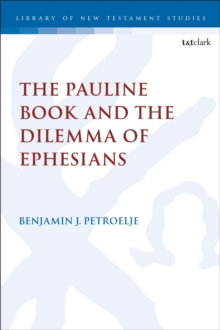
The Community, the Individual and the Common Good : 'To Idion' and 'to Sympheron' in the Greco-Roman World and Paul PDF
by Kei Eun Chang
Part of the The Library of New Testament Studies series
Description
This book investigates Paul's effort to combat factionalism by his use of the Greco-Roman rhetoric of 'the common advantage' to overcome socio-ethical problems caused by the improper exercise of 'private advantage' in Corinth.
Chang examines 'the common advantage', first, as a fundamental principle that defined human and societal relationships in the Greco-Roman world.
He explores how the neglect and misunderstanding of this principle lay at the root of relational and societal breakdowns.
The book further examines Paul's use of the term and demonstrates that, when properly understood and appropriated, the principle of 'the common advantage' is pivotal to keeping societies and relationships dynamic and healthy.
Conversely,when common advantage is not functioning and, concomitantly, private advantage is wrongly emphasized at its expense, relational, societal and ecclesiastical breakdowns occur.
The book culminates in demonstrating that, for Paul, 'the common advantage' carries missional and salvific implications that override and subvert socio-ethnic boundaries.
In this way, otherwise hostile social groups will realize a healthy symbiosis.
Information
-
Download - Immediately Available
- Format:PDF
- Pages:272 pages
- Publisher:Bloomsbury Publishing PLC
- Publication Date:29/08/2013
- ISBN:9780567395979
Information
-
Download - Immediately Available
- Format:PDF
- Pages:272 pages
- Publisher:Bloomsbury Publishing PLC
- Publication Date:29/08/2013
- ISBN:9780567395979










